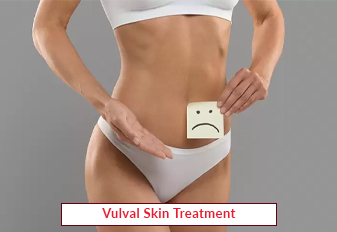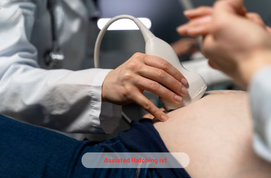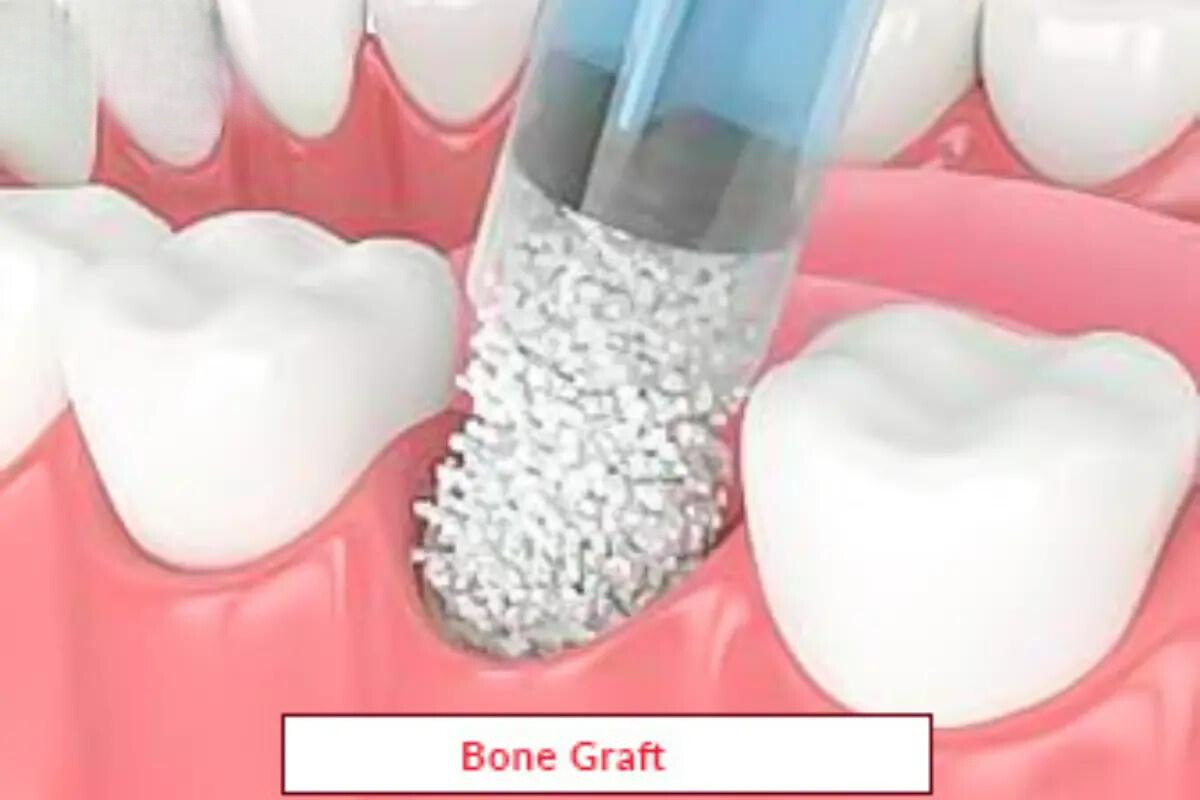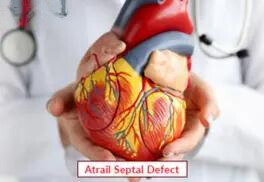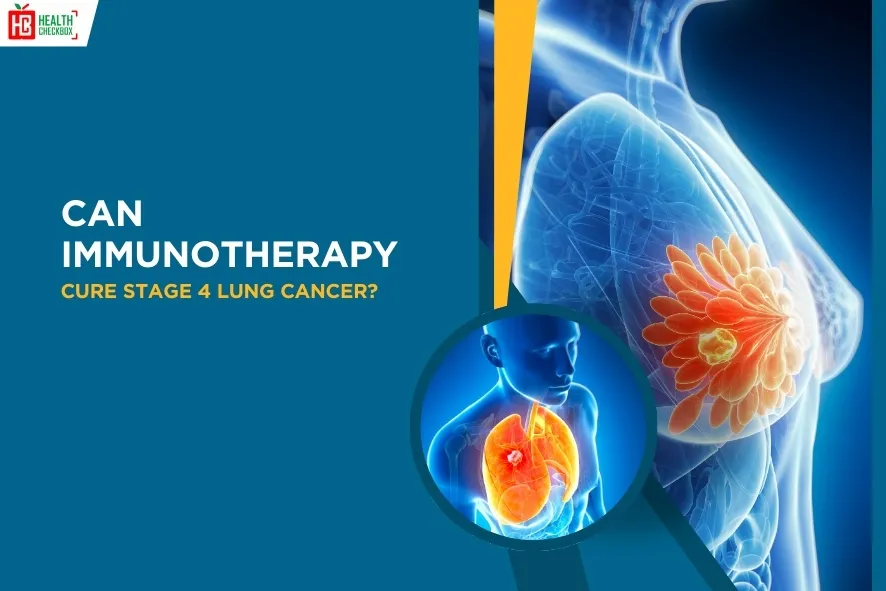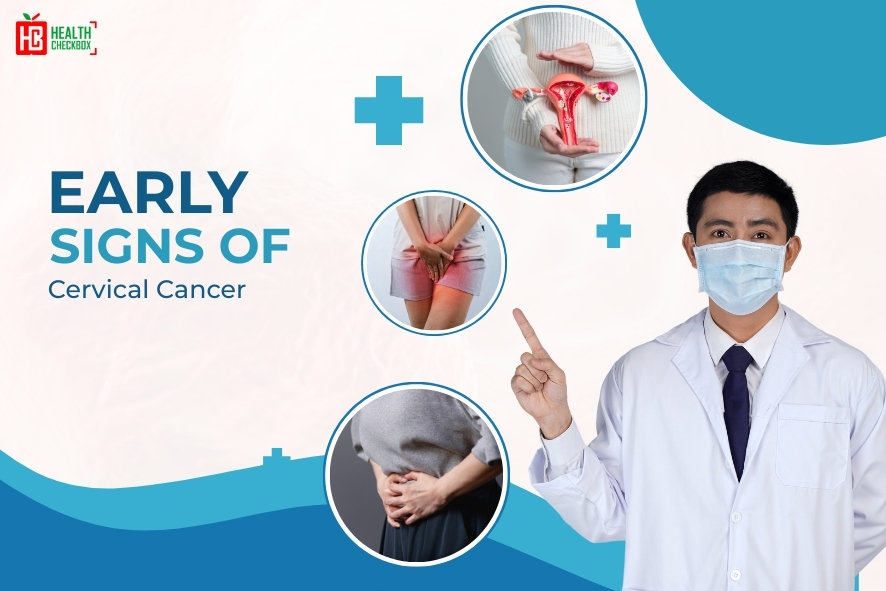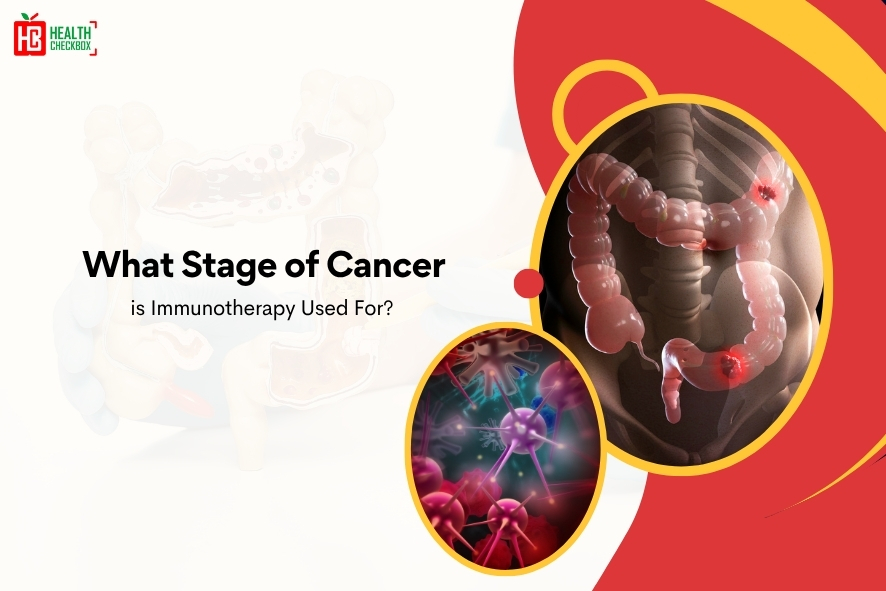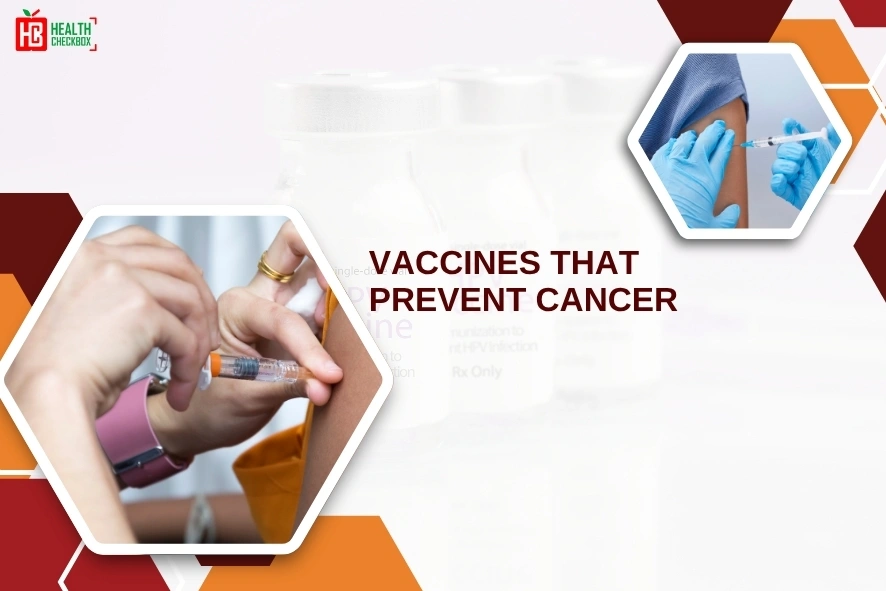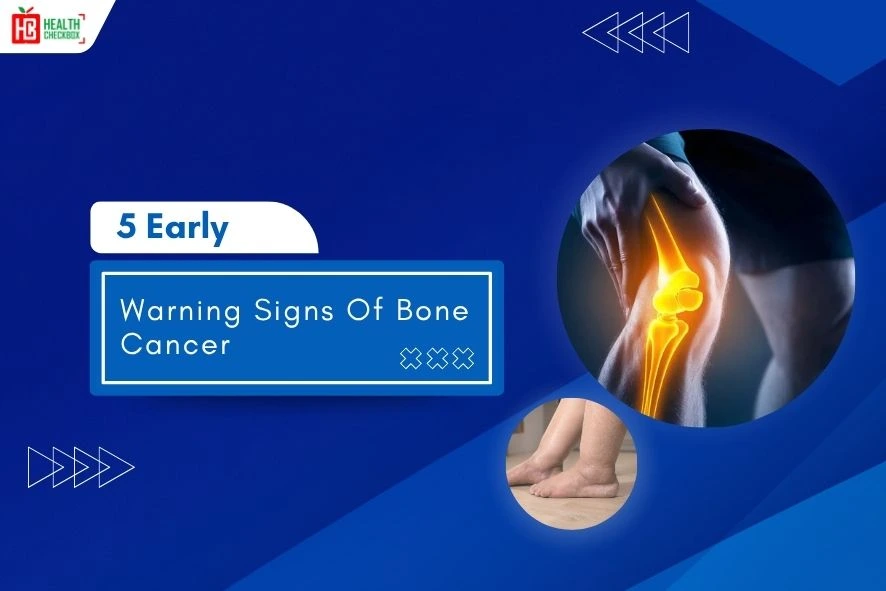Treatments for vulval skin include a variety of medical procedures. These are intended to treat multiple skin disorders that can affect the female’s vulva. The vulva includes the soft skin folds that surround the vagina, such as the clitoris, vaginal lips, and outer folds. All these parts can be affected for any reason, which can cause a lot of discomfort and pain in females.
The vulval skin is extremely sensitive and may react easily. Additionally, a variety of substances can trigger allergic reactions in the genital region. The labia skin requires special attention because it can become dry and painful. Hence, doctors and gynecologists may recommend multiple options of treatment options. The goals of these medical aids are to reduce symptoms, enhance the patient’s quality of life, and improve the vulvar skin’s general health and overall well-being of women.
What is the Vulva?
The female genitalia includes the clitoral hood, urethral opening, vaginal opening, perineum, and labia among other external genital structures. Its delicate skin is susceptible to infections, hormone fluctuations, environmental changes, and other factors.
There are various ways that the skin in the vulvar region is different from other areas of the body. It is more brittle, thinner, and frequently prone to infections, dryness, and irritation. Since the vulval skin’s main job is to shield the internal reproductive organs, it must balance moisture and barrier function.
Important Features of Vulval Skin
- Thickness: Skin around the vulva is thinner than the rest of the body. That makes it more liable to infection and discomfort.
- Moisture Balance: The production of oils by the skin and natural vaginal secretions is crucial for preserving a proper moisture balance.
- Sensitivity: The female genitals area is extremely sensitive to touch. Problems like temperature fluctuations, and irritants due to its high concentration of nerve endings.
Common Vulval Skin Conditions
A variety of disorders can affect the vulval skin. It can cause various other problems like pain, discomfort, and so on. These disorders can range from minor skin irritations to prolonged skin problems.
- Vulvar Dermatitis: It refers to the inflammation of the vulval skin. This can cause skin allergy. Allergens, infections, and other problems are some of the possible reasons. Topical steroid drugs may be given to treat its side effects. Avoiding known irritants and using hypoallergenic products can help reduce burst out.
- Vulvovaginal Candidiasis: A frequent infection brought on by an overabundance of Candida yeast. Usually, it causes discharge, swelling, redness, and itching. During pregnancy, after taking antibiotics, especially in those with weakened immune systems, vulvovaginal candidiasis is more prevalent. Health professionals typically recommend oral medications or antifungal creams. Cotton underwear and loose-fitting clothing can help reduce moisture and prevent the formation of fungi.
- Lichen Sclerosus: This chronic skin condition causes the skin surrounding the vulva to become thin, uneven, and white. It can cause many problems in female patients. Anyone of any age can suffer from this sickness, although postmenopausal women are more likely to experience it. Corticosteroids used topically are the primary treatment. A healthcare professional must regularly examine you to prevent long-term issues like scarring and changes in the appearance of your skin.
- Vulvar Lichen Planus: Acute discomfort, such as burning and itching, may be caused by an inflammatory condition that damages the vulvar skin, leaving behind purple, flat injuries. Redness and edema are typically reduced with topical medicines. In extreme situations, allergy drugs or oral steroids might be attempted.
- Psoriasis: Any area of the body, including the genitalia, may have an immune skin disease. This makes red, scaly spots on the skin of females. A sudden worsening of symptoms are handled with topical therapies including steroids and vitamin D analogs. In certain cases, phototherapy or systemic treatments may be required.
Symptoms of Vulval Skin
There are various signs & symptoms of various parts of the external female genitals issues. Those are listed below:
- Itching
- Burning sensation
- Redness
- Swelling
- Skin changes
- Blisters
- Discomfort during sexual activity
- Vaginal discharge
- Cracks and fissures
Causes of Vulval Skin
These conditions can be caused by a number of factors, including:
- Allergies: These reactions can occur due to soaps, detergents, spermicides, latex barrier contraceptives and many more.
- Infection: It can occur due to bacterial vaginosis, STIs, pubic lice or mites , and genital herpes.
- Hormonal Changes: It is associated with menopause or pregnancy conditions.
- Irritation: Women can suffer from irritation cure problems that can be caused by several reasons such as synthetic undergarments, shaving, waxing, swimming pool water and many more.
- Skin Conditions: Several chronic inflammatory conditions, such as:
- Lichen sclerosus
- Lichen planus
- Psoriasis
- Eczema
Procedure of Vulval Skin Treatment
- Medical Evaluation: The healthcare expert will examine the patients with various tests. It may include:
- Physical examination
- Medical history assessment
- Diagnostic tests like Pap smear, urine test, blood tests, and STS tests.
- Identification of the Underlying Cause: To help guide the treatment plan, the healthcare provider will identify the precise cause of the vulval skin condition. Researchers may examine the impacted area under a microscope or subject it to laboratory testing.
- Treatment Options: The medical professional will suggest suitable treatment options based on the diagnosis. Topical drugs, oral drugs, lifestyle changes, or treatments for particular ailments may be among them.
- Follow-up Care: The team will schedule regular follow-up visits to assess treatment progress, make any required changes, and address any concerns or issues that may emerge.
Vulval Skin Care Tips
Proper vulval care can avoid many common disorders and improve overall skin health. Here are some tips to help maintain vulval skin:
- Try to use gentle and allergy-free products.
- Choose breathable clothing like cotton and loose-fitting clothes.
- Avoid over-washing.
- Apply moisturizer that helps to keep the skin hydrated.
- Always keep a healthy diet.
Latest Health Tips
Can Immunotherapy Cure Stage 4 Lung Cancer?
Early Signs of Cervical Cancer
Foods that Kill Cancer: Leafy Vegetables, Grains, & More
What Stage of Cancer is Immunotherapy Used For?
Which is Worse for Cancer, Sugar or Alcohol?
Vaccines That Prevent Cancer
What Kills Cancer Cells in the Body Naturally?
Early Warning Signs of Bone Cancer
Submit Your Enquiry
Testimonials








